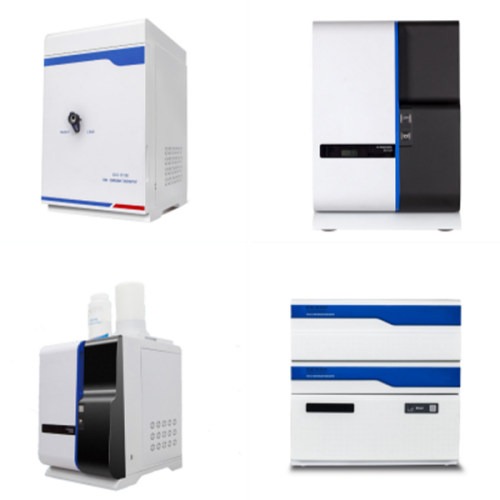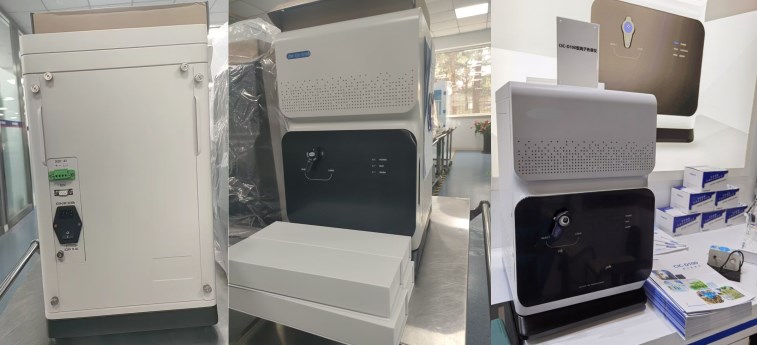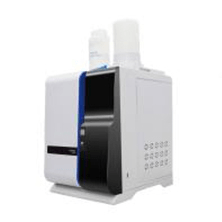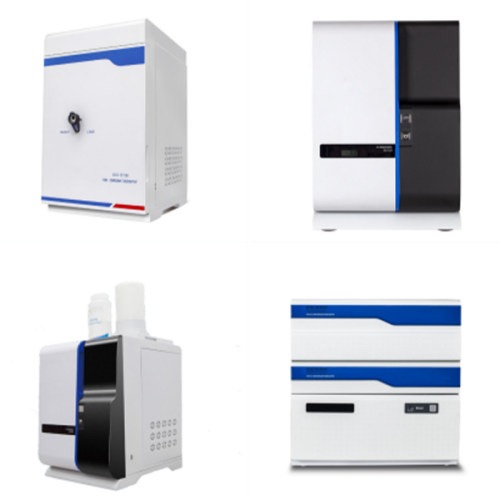Ion chromatography (IC) is a strong analytical technique that separates and quantifies ions in a variety of samples. The precision and reliability of IC analysis are determined not only by the chromatographic technology but also by the quality of sample preparation. In recent years, there has been an increasing trend toward automation in sample preparation for ion chromatography, to improve efficiency, repeatability, and throughput. This article delves into the significance of automated sample preparation in ion chromatography and the technologies driving advancements in this field.

The Importance of Sample Preparation in Ion Chromatography
Sample preparation is an important stage in ion chromatography analysis since it entails extracting ions of interest from the sample matrix, eliminating interferences, and getting the sample ready for injection into the chromatographic system. Proper sample preparation is critical for producing accurate and trustworthy results, reducing matrix effects, and increasing sensitivity and selectivity. Traditional sample preparation methods often involve manual handling, which can be time-consuming, labor-intensive, and prone to human error. Automation offers a solution to these challenges, allowing for precise and consistent sample preparation while reducing operator involvement.

Automated Sample Preparation Technologies in Ion Chromatography
1. Automated Liquid Handling Systems
Automated liquid handling systems use robotic platforms with precision pipetting modules to correctly dispense liquids like as samples, standards, reagents, and eluents. These devices include customized procedures for dilution, mixing, and dispensing, giving you great control over sample preparation settings. By automating liquid handling operations, these systems eliminate human error, boost throughput, and improve IC analysis reproducibility.
2. Solid-Phase Extraction (SPE) Systems
SPE is a typical sample preparation technique that extracts and concentrates analytes from complicated sample matrices prior to IC analysis. Automated SPE systems combine sample loading, washing, elution, and solvent evaporation into a single automated procedure. These methods employ cartridges or disks filled with sorbent materials to selectively retain analytes while eliminating interfering chemicals. Automated SPE enhances sample throughput, reduces solvent consumption, and improves extraction reproducibility compared to manual methods.
3. Filtration Systems
Filtration is essential for removing particulate matter and impurities from liquid samples prior to injection into the IC system. Automated filtration systems employ membrane filters or filter cartridges to remove particles of specific sizes, ensuring sample clarity and preventing column clogging. These systems offer automated sample loading, filtration, and waste disposal, minimizing operator intervention and improving analytical precision.
4. Sample Introduction Systems
Automated sample introduction systems ensure reproducible injection volumes and minimize sample carryover in IC analysis. These systems, often integrated with autosamplers, automate sample loading, injection, and flushing procedures. They feature injection valves, syringe pumps, and sample racks, allowing for seamless integration with IC instruments. Programmable injection sequences, sample tracking capabilities, and compatibility with various sample vials enhance flexibility and workflow efficiency.
5. Online Sample Preparation Systems
Online sample preparation systems are integrated directly into the IC instrument, enabling real-time sample processing and analysis. These systems automate operations including sample dilution, derivatization, and preconcentration, allowing for quick and continuous sample analysis. Online sample preparation solutions boost analytical throughput by eliminating manual sample handling stages.

Benefits of Automated Sample Preparation in Ion Chromatography
| Benefit | Description |
| 1. Increased Efficiency | Streamlined Workflow: Automation reduces manual intervention, leading to faster sample preparation and analysis. Higher Throughput: Automated systems can handle multiple samples simultaneously, increasing the overall throughput of the chromatography system. |
| 2. Improved Accuracy | Reduced Human Error: Automation minimizes the risk of human error associated with manual sample preparation, resulting in more accurate and reliable results. Consistent Methodology: Automated systems ensure consistency in sample preparation methods, leading to reproducible chromatographic results. |
| 3. Time Savings | Quick Turnaround Time: Automated sample preparation systems significantly reduce the time required for sample preparation, allowing for faster data acquisition and analysis. 24/7 Operation: Automated systems can operate continuously, enabling round-the-clock sample processing without the need for manual supervision. |
| 4. Cost Efficiency | Reduced Labor Costs: Automation eliminates the need for manual labor in sample preparation, reducing labor costs associated with chromatographic analysis. Optimized Resource Utilization: Automated systems utilize resources efficiently, minimizing waste and reducing overall operating costs. |
| 5. Enhanced Sample Integrity | Minimized Contamination: Automated sample preparation systems minimize the risk of sample contamination by reducing exposure to external contaminants and human handling. Sample Tracking: Automated systems often include sample tracking features, ensuring traceability and maintaining sample integrity throughout the analysis process. |
| 6. Flexibility and Versatility | Adaptable to Various Sample Types: Automated systems can be programmed to accommodate a wide range of sample types and matrices, making them versatile for different applications. Customizable Workflows: Automation allows for the customization of sample preparation workflows to suit specific analytical requirements and protocols. |
Conclusion
Automated sample preparation improves the efficiency, reproducibility, and throughput of ion chromatography analysis. As the demand for high-throughput and dependable analytical procedures grows, automated sample preparation technologies will continue to be essential tools for modern analytical laboratories performing ion chromatography analysis.

